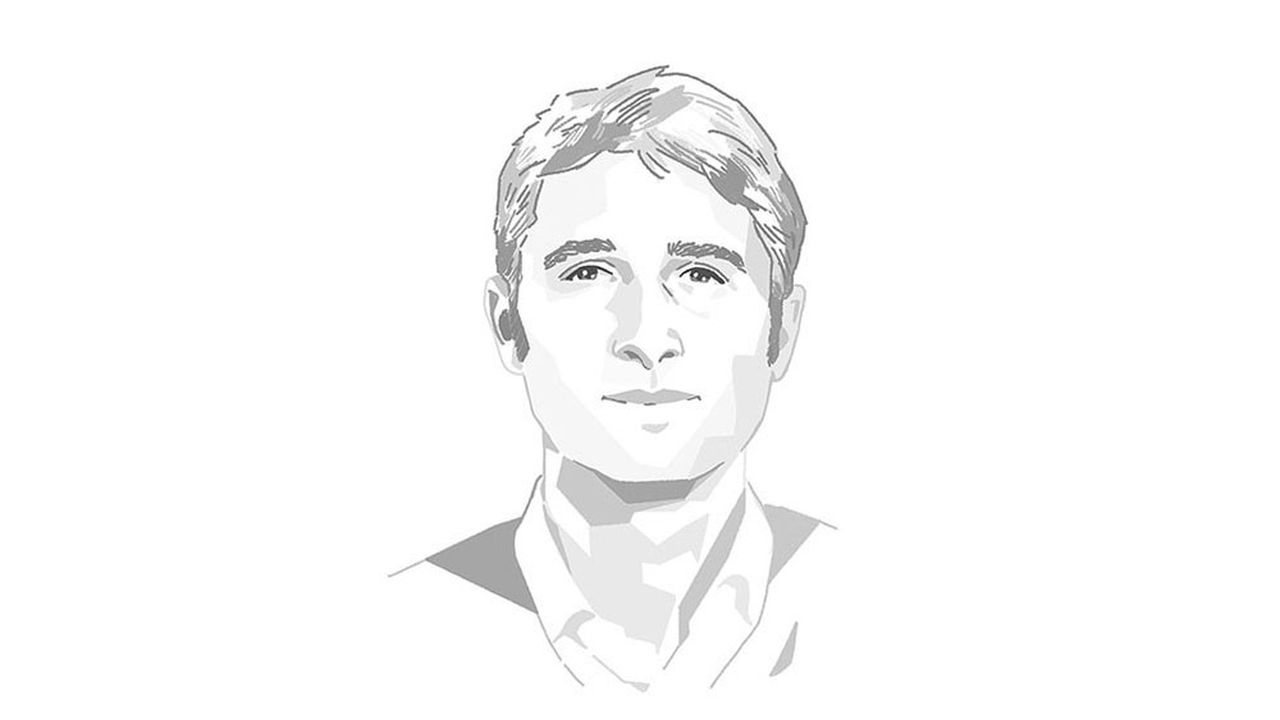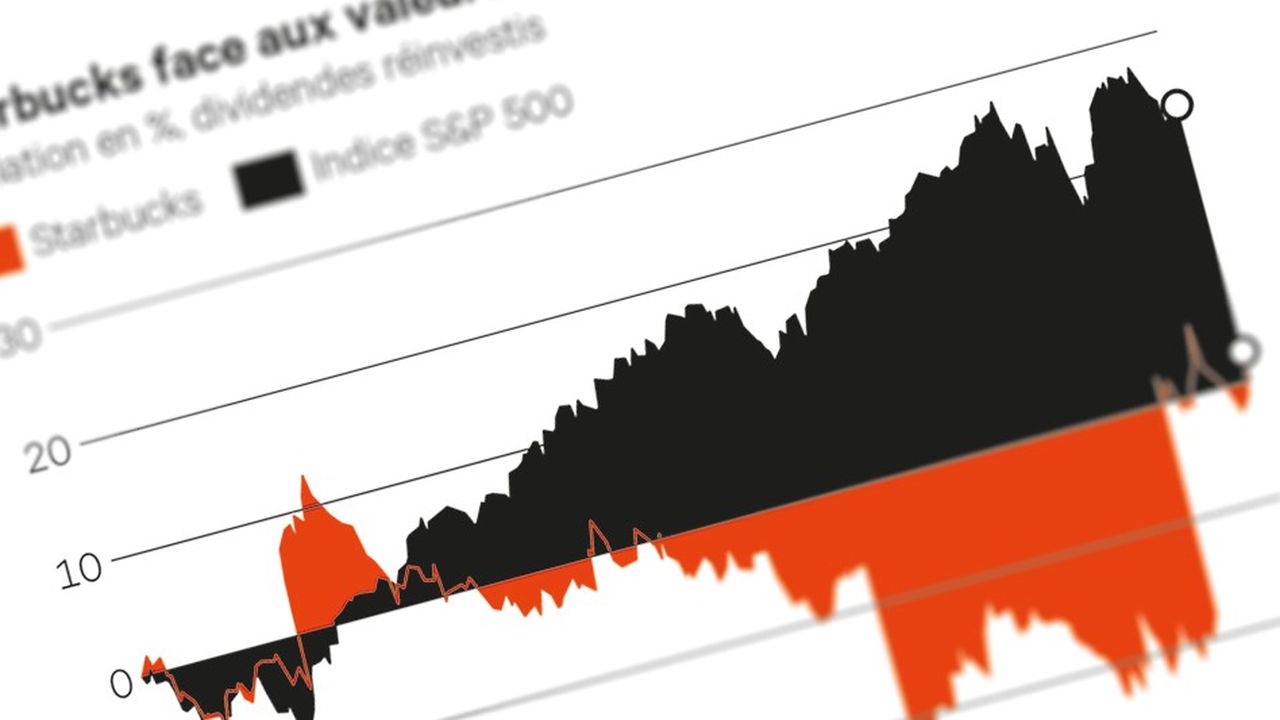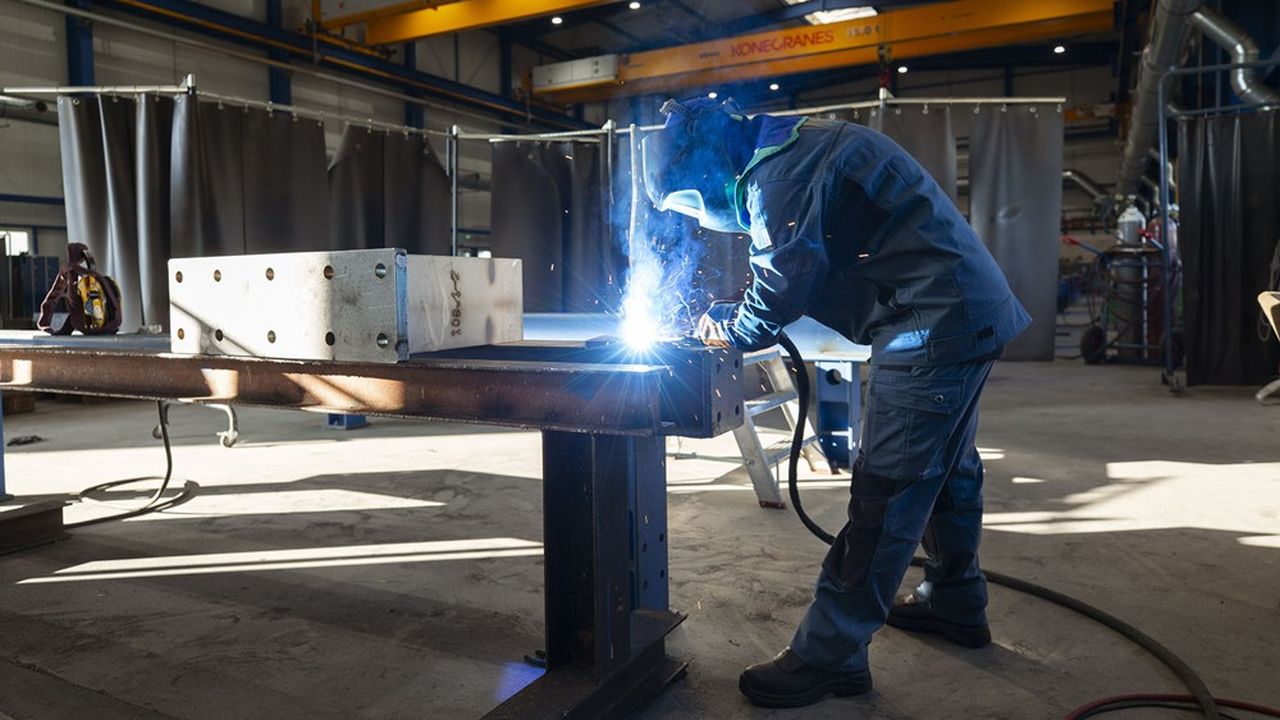
By Frank Morel (partner lawyer at Flichy Grangé)Samuel Tual (President of Actual Leader group)
Since the legislative elections, the political landscape has undergone a profound restructuring, marked by a shift in the centre of gravity of power towards Parliament. In a country plagued by polarisation, the government and the National Assembly must therefore demonstrate a keen sense of compromise.
At a time when France is being criticized for its excessive deficits and when there is an increase in business failures, several social projects are looming before us. First of all, while we must stay the course towards full employment, we must also intensify the battle for good employment.
Clear and reassuring perspectives
In a context of transformation of the world of work, under the effect of the digital revolution and the ecological transition, it is imperative to listen to and respond to the new aspirations of the French. The debates around the quality of life at work, teleworking or even the four-day week are all revealing signals of the questions that cross our society. However, in this quest for a better balance, it is essential not to lose sight of the compass that allows us to create a society at work.
The changes we are experiencing are raising legitimate concerns among businesses and employees. They are also fuelling a feeling of exclusion among some of our fellow citizens. It is therefore up to the public authorities, in consultation with social partners, to respond to these concerns by offering clear and reassuring perspectives. The COP on work proposed by the outgoing government could constitute a space for dialogue conducive to rethinking our working methods.
The subject of working conditions and safety will have to be on its agenda, while two fatal accidents at work occur every day in France. The expectations expressed on purchasing power will also logically be addressed. In the same way, it is within the framework of social dialogue that unemployment insurance rules that are both protective and incentive-based will have to be applied.
Encourage work adherence
The second major project in the coming weeks concerns improving the employment rate of seniors, which is a demographic, societal and social issue. After two years of debate, it is time to take action on all levers: recruitment, training, labor costs, end-of-career management and working conditions. The organization of working hours according to age in life is also an avenue to explore to allow everyone to find a balance between their needs and the demands of the job market.
To tackle these projects, it is not a question of choosing between an anachronistic reduction in working time and a better distribution of it, but rather of aiming for the “best” for all, particularly for those who do not choose their job. France, the bottom of the OECD countries with 664 hours worked per inhabitant, must focus its efforts particularly on young people and the elderly, in order to ensure intergenerational cohesion and preserve the country’s competitiveness.
Finally, work must pay off and allow one to improve one’s personal situation over time. This imperative goes well beyond a one-off salary increase but must be understood globally in order to preserve competitiveness and quality of life for all.
The great challenge for the years to come will be to revive the commitment to work in our society, by guaranteeing everyone a chosen job. Work must once again become a place of accomplishment, where everyone can find their place. It is up to political, economic and social actors to work hand in hand to successfully complete this structural project. The social partners, faithful to their culture of dialogue and compromise, will have to show the way.
Frank Morel is a senior fellow at the Montaigne Institute and a lawyer at Flichy Grangé.
Samuel Tual is vice-president of Medef and president of Actual Group.










